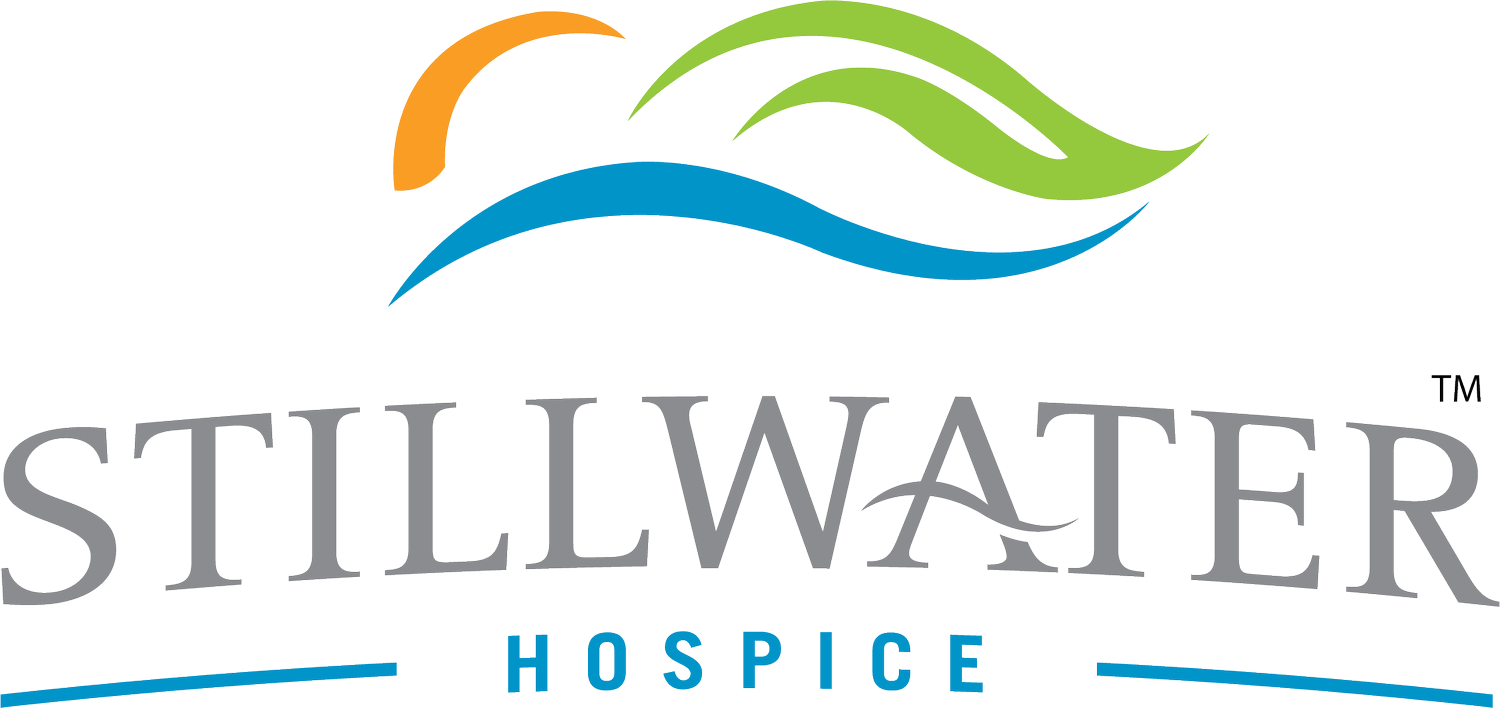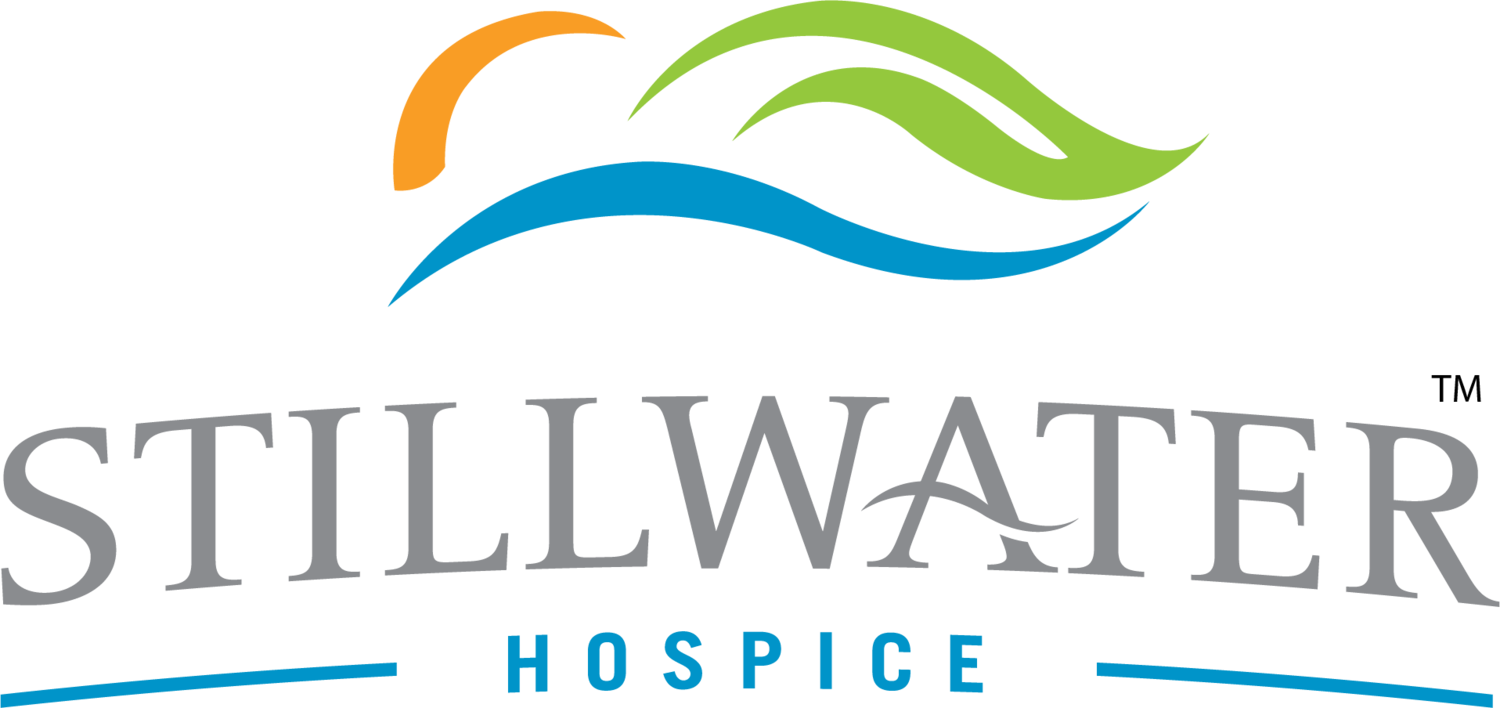A Little Known Medicare Benefit
The challenges of aging gracefully
As we age, there are many unwelcomed companions that we pick up along the road of life. Most people understand and expect things like grey hair, aching joints, and poor vision. Although anticipated, these gifts of aging offer a different experience than expected. The grey hair may not look as distinguished as we thought it would, the aching joints may impede us from activities we didn’t realize we wouldn’t be able to accomplish, and the poor vision may steal our ability to drive. Another known addition to our lives is the benefit of Medicare when we turn 65. Americans feel like they understand what this means, but do they?
Turning 65 in America often means one thing – Medicare. Most Americans understand this, plan on Medicare benefits, and possibly, even look forward to it. It is appreciated that through years of hard work, every American has earned (relatively) free health care. There are many benefits of Medicare that are widely known and understood. Items like Doctor visits, physical therapy, X-rays, and prescriptions benefit our hard work for many years. One little-known benefit of Medicare is free end-of-life care.
End-of-life care is a worthy discussion
The word “hospice” refers to the realm of medicine we employ to describe and discuss end-of-life care. For those with a terminal illness, who have forgone curative treatment and are expected to pass away in the next six months, Medicare offers access and treatment through Medicare-certified Hospice agencies. These agencies provide the services of Physicians, Nurses, Home Health Aides, Social Workers, Chaplains and deliver all medications, medical equipment, soft goods, and supplies for this season of life.
These agencies also provide counseling and grief support for loved ones for a year after their passing.
Medicare and hospice services are a well-deserved benefit
Those who live in populated centers often first hear about Hospice from their physician, P.A., or Nurse Practitioner after a long battle with cancer or facing advanced dementia. However, many people in America who have earned every bit of this benefit for years of hard work never know about or benefit from Hospice care. In many places, often rural, no hospice services exist. Rural America is a difficult place to start and operate a hospice.
Large geographic footprints, inclement weather, and staffing difficulties are just a few challenges hospices face in rural settings. Primary health care providers have done their best to provide more frequent appointments, adequate pain medication, and access to nursing homes or hospitals when the time is right. However, more Americans want to stay in their home, close to the family, to experience the last days of life. Therefore, hospice services are delivered in the home, where the patient lives to allow the dignity and desires of most people to be met. All Americans should know and understand this benefit and have access to it.
Know your rights
All Americans who have worked hard and earned the benefit of Medicare should be given a list and complete understanding of their earned benefits, including hospice services. They should have the right to consult with and seek the services of a Medicare-certified Hospice agency, no matter where they live. Unfortunately, many rural neighbors do not get this knowledge or chance. Hospice agencies such as Stillwater Hospice located in Montana, Wyoming, and South Dakota specialize in end-of-life medical care in rural settings. It is the goal of Stillwater Hospice to educate communities about the benefit they have earned and deserve.
Listen in and learn more
Chris Graham, Stillwater Hospice Co-Founder and Regional Director of Finance, recently explained this in great detail during a podcast interview with Hospice Explained; listen in!


